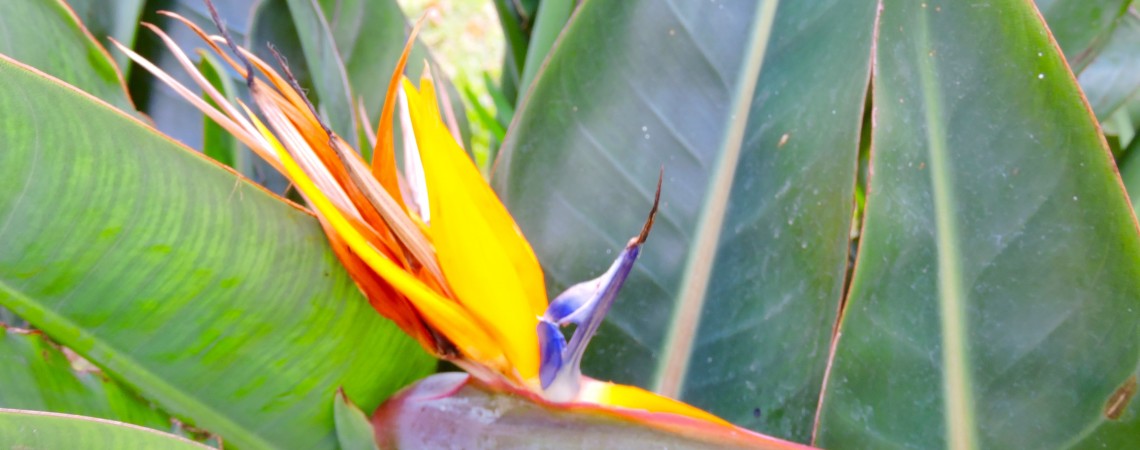Articles on Shifting Sands
Does pitying victims or survivors of FGM/C help?
I’ve been to a number of public, professional and theatrical events about FGM/C where ‘victims / survivors’ are part of the programme. Their role is to describe, often in gruesome and graphic detail, how they were ‘mutilated’ as children. This leaves attendees in no doubt about the ‘barbarity’ of the practice that still persists overseas. And an estimated 7000 girls ‘at risk’ in Britain.
The stories are similar. The mounting excitement they felt as children about an impending celebration. But culminating in them being held down, frightened and struggling while pieces of their genitals were hacked at and cut away. In addition to the physical hurt, they also felt betrayed by their mothers, and/or fathers, who hadn’t protected them from this terrible experience.
Physical recovery took varying amounts of time depending on the degree and severity of the cutting. And while the physical scars may have healed, the psychological ones hadn’t. So they live with the consequences, daily.
It’s common for the victims/survivors to become emotional, even to cry, while they recount the detail of these dreadful events. And for audience members to be appalled by the awfulness of the practice described, pitying them. And to admire those, who, despite everything, are intent on preventing a similar fate befalling others. Preferably within a generation.
But despite understanding why victims do this, particularly in the current climate, I find the desire to ‘tell all’, to recount the full and frank details of their private and sometimes sexual lives, in public, somewhat disconcerting. Of course it’s important that professionals, such as health workers, understand what they’ve undergone and why, so that they can offer the best possible care to others whom they might encounter. But does it need telling to all and sundry and in such graphic detail? Is a ‘pity fest’ really the best that can be aimed for?
Don’t get me wrong. I’m an experienced health professional who’s worked as a midwife and in sexual health services, so am no prude. But in truth, I sometimes feel like a vouyer at these events, as though I’m consuming something akin to pornographic material. And I suspect that I’m not alone in this.
I also worry that in this drive to ‘raise awareness‘ through graphic storytelling, the shock value of the practice is deliberately being exploited. Infibulation is usually described despite that this is the rarest form of FGM/C with an estimated 10 per cent of affected girls in Africa undergoing it.
And I fear that this format leaves people with critical questions feeling censored, unable to ask them for fear of not being considered critical enough of the practice. Because ‘victims/survivors’ have unquestioned authority. Attendees might therefore get the message that there’s no other way of dealing with the problem apart from what’s being advocated. That you’re either with us or against us.
But why does the public need to to be told in graphic detail about the traditional, primitive practices of people in the developing world? They’re not anthropologists. This doesn’t edify anybody. And is it really, as we’re told, everybody’s business?
Is it good to hold ‘victims’ prisoner to these awful events, to dwell on them, maybe even let it define them, rather than encouraging them to overcome it? Their private sphere disappears under pressure to talk publicly about FGM/C. So the work that is necessary for them to come to terms with the event and moving on, may become more difficult.
It seems that being a strong individual, someone who takes control over their life, is being under-rated while victim status is celebrated. While some anti-FGM/C campaigners are aspirational, fun and insightful people, others seem to overly dwell on what happened to them.
Perhaps, instead of constantly reliving the robbery of parts of their genitals, they should exercise their power as free-thinking individuals and put these terrible events behind them. As Jay Kamara Frederick said “You have to realise that you’re more than just a victim. Just because I’m cut doesn’t mean I’m not going to embrace life and enjoy sex. I’m not going to be defined by that label.”
The fortitude that women like Kamara-Frederick show, in disassociating themselves from the event, and refusing to let it harm them is commendable. This takes an act of will and reaffirms their personhood. They carry on with their lives, secure in the knowledge that they aren’t destroyed, because they are more than their genitals. Isn’t this what being a survivor means?
Perhaps we need to question our own culture which encourages women to express weakness as a form of power and ask if, in doing this, we are really interested in their welfare and in treating them as equals? And whether pity is the best way of addressing the problem of FGM/C?
About the Author - Bríd Hehir
Bríd is a retired health professional. She started her career as a nurse and midwife in Africa where she worked for almost four years. She encountered FGM/C in Ethiopia. She then moved to London where she worked in the National Health Service as a midwife, community nurse, health visitor, reproductive and sexual health nurse and manager over a period of 30 years. She did not encounter FGM/C during that time despite working with immigrant communities who are reported to practice it still. She is puzzled by the current reported prevalence of the practice, the official response and associated activism. And is worried that they might cause more harm than good.



0 comments